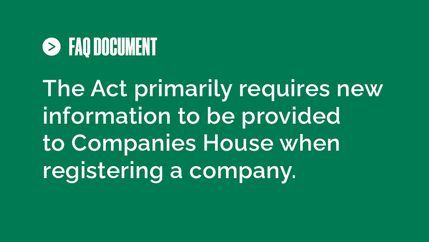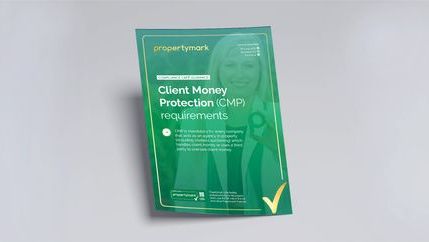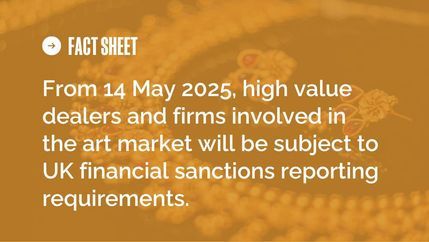
The aim of the rules to enable information sharing is to help businesses identify the economic crime risks linked to their services and take more effective action to disrupt illegal activity. The UK Government believes that better information for firms will increase reporting accuracy on fraud and suspicious activity.
Propertymark has produced a fact sheet that breaks down what property agents need to know about the ECCT, including the rules around information sharing.
Protection from civil liability
Organisations are encouraged to share experiences with high-risk individuals so they cannot commit economic crimes. Where regulated businesses share customer information to investigate, detect and prevent economic crime, they are protected from civil liability. However, it is important to understand that this only applies if the first organisation the client had a business relationship with believes the client presented a money laundering risk.
General Data Protection Regulations (GDPR)
GDPR rules allow the sharing of customer information if necessary to meet other legal requirements. If another firm asks for information about a client, this falls under agents’ AML reporting requirements and agents must use their own risk assessments to judge if it is necessary to share the information that has been requested.
Refunding money
Members have expressed concerns about returning money when ending relationships with clients suspected of illegal activity, fearing this may breach the Proceeds of Crime Act 2002.
If a firm has carried out customer due diligence, it can hand back funds of up to £1,000 to terminate a relationship with a client. This applies to landlords, home buyers/sellers and tenants.








